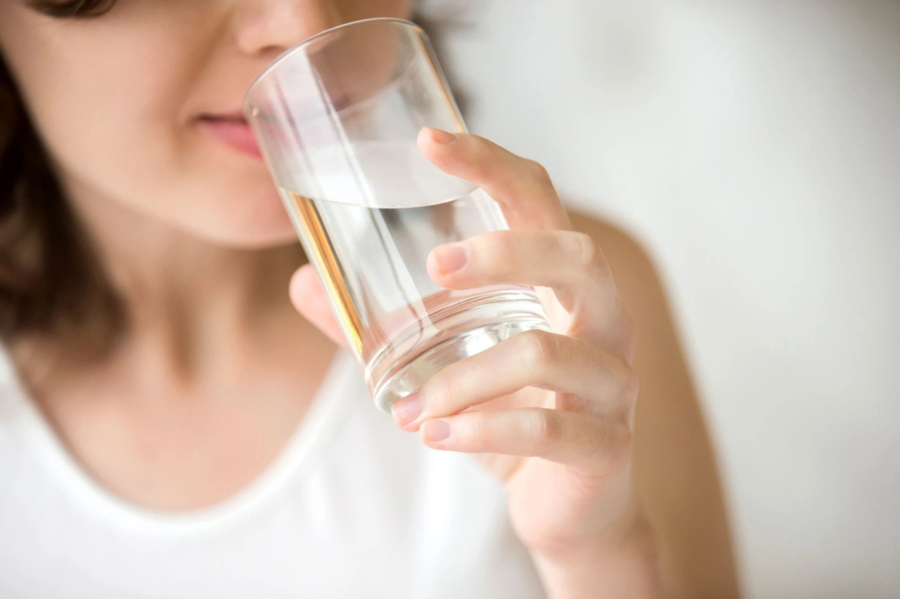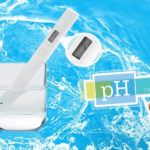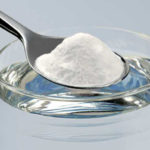1. Start Your Day with a Glass of Water
It is essential to drink water as soon as you wake up. Even if you don’t feel thirsty, drinking water first thing in the morning is highly beneficial.
Water helps replenish lost fluids from the night, aids in the production of digestive enzymes, flushes out toxins, and promotes circulation and metabolism. For those who sleep with air conditioning, drinking water can also help prevent sore throats.
Additionally, this simple habit of drinking water in the morning can effectively support weight loss and skin health, especially for women who want to enhance their natural beauty.

Daily Water Drinking Habit for Better Health. (Illustrative Image)
2. Drink Water Even When You’re Not Thirsty
It is important to drink water regularly and adequately, regardless of whether you feel thirsty or not. Firstly, being proactive about your water intake ensures your body has the necessary fluids to function effectively.
Additionally, maintaining proper hydration levels improves digestion and nutrient absorption. It also reduces fatigue and provides your body with a consistent energy supply.
3. Avoid Overhydration
While we generally need about 2-2.5 liters of water per day, individual water needs can vary depending on age, physical condition, the nature of one’s work, and actual health status. Some people may require more or less than this average amount.
However, it is crucial to avoid overhydration, as it can overwhelm the kidneys’ ability to eliminate excess water. This can lead to a condition called hyponatremia, where the sodium levels in the blood become diluted.
Sodium is essential for maintaining fluid balance inside and outside cells. When its levels drop due to excessive water intake, fluid can enter the cells, causing them to swell. This swelling increases the risk of seizures, coma, and brain function disorders, resulting in confusion, drowsiness, and headaches. If left unchecked, it can also lead to high blood pressure and a slowed heart rate.
4. Don’t Drink Ice-Cold Water
During hot weather, it is tempting to reach for ice-cold water or even crave it excessively. However, this is a common mistake that can have adverse health effects, as health experts have warned repeatedly.
Specifically, drinking ice-cold water can inhibit the vagus nerve, damage teeth, and, in more severe cases, cause heat shock. Therefore, it is important to refrain from drinking extremely cold water to protect your health.
Understanding the Health Benefits of Drinking Water of Different pH Levels
 Health Benefits of Drinking Water of Different pH Levels’>
Health Benefits of Drinking Water of Different pH Levels’>Are you aware of the importance of water’s pH to our health? Have you ever wondered what the optimal level of pH in water should be? Read on to learn more about water pH and how it affects our wellbeing.


































